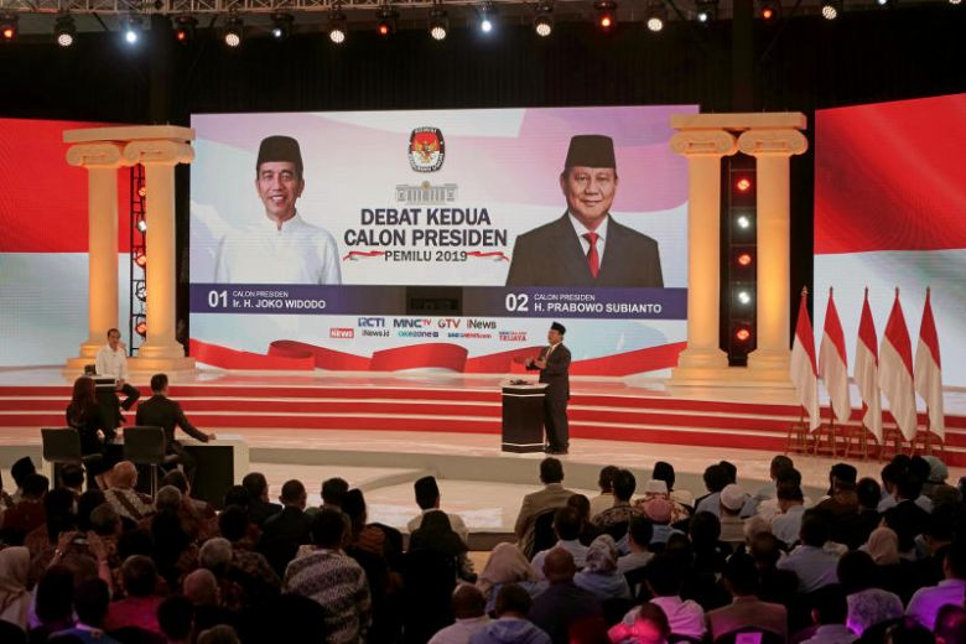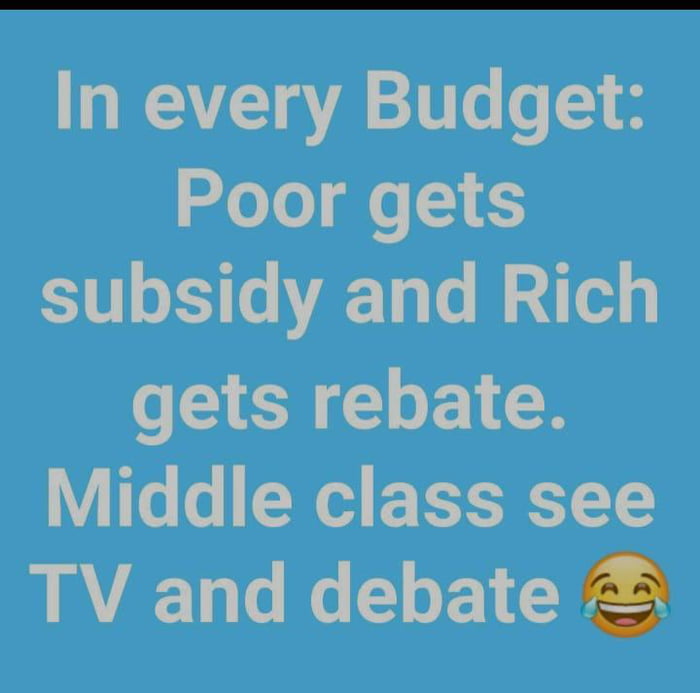The Importance of Presidential Debate Time

Presidential debates have become a cornerstone of American democracy, offering voters a unique opportunity to directly compare candidates’ positions on key issues and assess their leadership qualities. These televised events have evolved significantly since their inception, shaping voter perception and ultimately influencing the outcome of elections.
Impact of Debate Time on Voter Perception and Decision-Making
The amount of time dedicated to a debate can significantly impact how voters perceive candidates and their policies. Longer debates allow for more in-depth discussions, enabling candidates to delve into complex issues and showcase their understanding of policy nuances. This can be particularly beneficial for voters who are undecided or seeking more comprehensive information. However, longer debates can also lead to information overload, potentially confusing voters or causing them to disengage.
Conversely, shorter debates may provide a more concise and easily digestible overview of candidates’ positions. This can be advantageous for voters with limited time or attention spans, but it may also limit the depth of discussion and prevent candidates from fully articulating their perspectives.
The impact of debate time on voter perception is complex and multifaceted, influenced by factors such as individual voter preferences, the format of the debate, and the overall political climate.
Examples of How Debate Time Has Shaped Past Elections
The 1960 presidential election between John F. Kennedy and Richard Nixon is often cited as a prime example of how debate time can influence the outcome of an election. Kennedy, a charismatic and telegenic figure, appeared more comfortable and confident during the televised debates, while Nixon, who was recovering from an illness, seemed pale and uncomfortable. This perceived advantage for Kennedy is believed to have swayed undecided voters, ultimately contributing to his narrow victory.
In the 2012 election, the first debate between Barack Obama and Mitt Romney was widely considered to be a turning point in the race. Romney, who was seen as more polished and prepared, dominated the early stages of the debate, leading to a surge in his approval ratings. However, Obama ultimately won the election, suggesting that the debates were not the sole determinant of the outcome.
Analyzing the Debate Format and Structure

Presidential debates are a cornerstone of American democracy, offering voters a chance to see candidates interact directly and assess their policy positions, communication skills, and temperament. The format and structure of these debates significantly influence the dynamics of the event, shaping how candidates present themselves and how viewers perceive them.
Traditional Debate Format and Effectiveness, Presidential debate time
The traditional debate format, often featuring a moderator and a panel of experts asking questions, has been a staple of presidential elections for decades. This format typically involves opening and closing statements, a series of questions, and a period for rebuttals. The moderator attempts to ensure fairness and maintain order, while the candidates strive to present their positions effectively and attack their opponents’ weaknesses.
The effectiveness of the traditional format is debatable. While it allows for direct engagement between candidates, it can also be prone to interruptions, soundbites, and superficial exchanges. The time constraints can limit in-depth discussion of complex issues, and the focus on short, memorable phrases can prioritize style over substance.
Comparing Different Debate Formats
Past elections have experimented with variations on the traditional format, including town hall meetings, where voters directly ask questions, and forums with specific themes, such as the economy or foreign policy. These alternative formats aim to address some of the limitations of the traditional model, allowing for greater audience participation and a deeper exploration of specific issues.
- Town Hall Meetings: These formats allow for a more direct connection between candidates and voters, fostering a more conversational and intimate atmosphere. However, they can be challenging to moderate, with the potential for audience members to ask biased or irrelevant questions.
- Themed Forums: By focusing on specific issues, these formats allow for more in-depth discussion and a deeper understanding of candidates’ positions. However, they can limit the scope of the debate and may not adequately address other crucial topics.
Impact of Time Limits and Question Types
Time limits play a crucial role in shaping candidate performance. The pressure to deliver concise and impactful answers within a limited timeframe can lead to overly simplistic responses or the omission of important nuances. The types of questions asked also influence the debate’s trajectory. Broad, open-ended questions allow for greater flexibility in response, while specific, policy-focused questions demand detailed answers and potentially expose vulnerabilities in candidates’ positions.
“The debate format is a double-edged sword. It can showcase a candidate’s strengths but also expose their weaknesses. The ability to adapt to the format and utilize the limited time effectively is crucial for success.” – Political Analyst, 2023
Key Issues and Themes: Presidential Debate Time

The presidential debates are a critical platform for candidates to showcase their policies and visions for the country. The topics discussed during these debates often reflect the most pressing issues facing the nation, shaping the discourse and influencing voter preferences.
The Economy
The economy is consistently a top issue in presidential elections, and this year is no exception. Voters are concerned about inflation, job security, and the cost of living. Candidates will likely be pressed to articulate their plans for addressing these challenges.
- Inflation: Candidates will likely propose different strategies for combating inflation, such as raising interest rates, reducing government spending, or implementing price controls. The impact of these proposals on the economy, particularly on vulnerable populations, will be a key point of debate.
- Job Creation: With concerns about automation and globalization, candidates will likely present their plans for creating new jobs and supporting workers. This might include proposals for infrastructure investments, education and training programs, or policies to encourage domestic manufacturing.
- Cost of Living: Candidates will likely address the rising cost of housing, healthcare, and education. They may propose policies to increase affordability, such as expanding access to affordable housing, lowering healthcare costs, or providing subsidies for education.
Presidential debate time – As the stage lights illuminate the presidential debate, a nation holds its breath, seeking clarity in the storm of political rhetoric. The world watches, acutely aware of the ripple effects that these debates will have on global affairs, especially in volatile regions like the Middle East.
The conflict between Israel and Hamas, a complex history intertwined with present-day struggles, israel hamas leader stands as a stark reminder of the intricate web of power dynamics that shape our world. The words spoken in these debates, therefore, carry the weight of history and the promise of a future, one that is intricately woven with the threads of global politics.
The time of a presidential debate is a crucial element, shaping the nation’s attention and the candidates’ strategies. Whether it’s primetime or a later hour, the timing impacts viewership and the overall discourse. To find out exactly when the next presidential debate will be held, you can check out this insightful article: what time is presidential debate.
Knowing the debate time allows for informed participation, whether it’s tuning in live or catching the highlights later.
